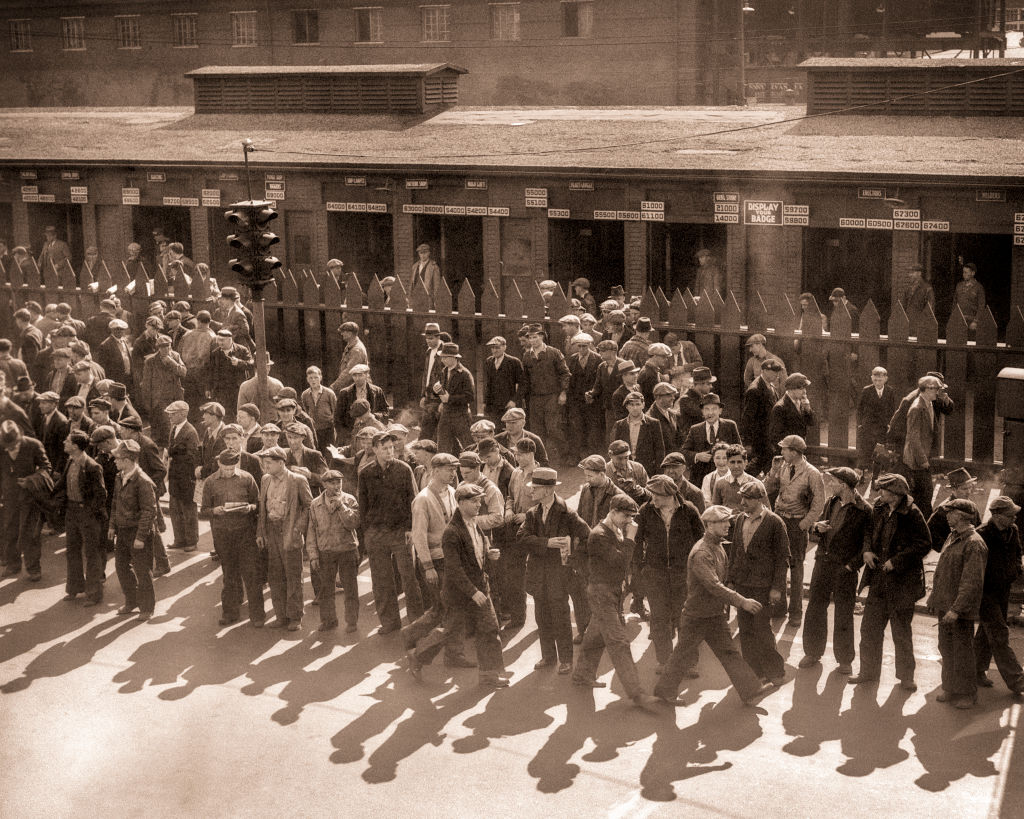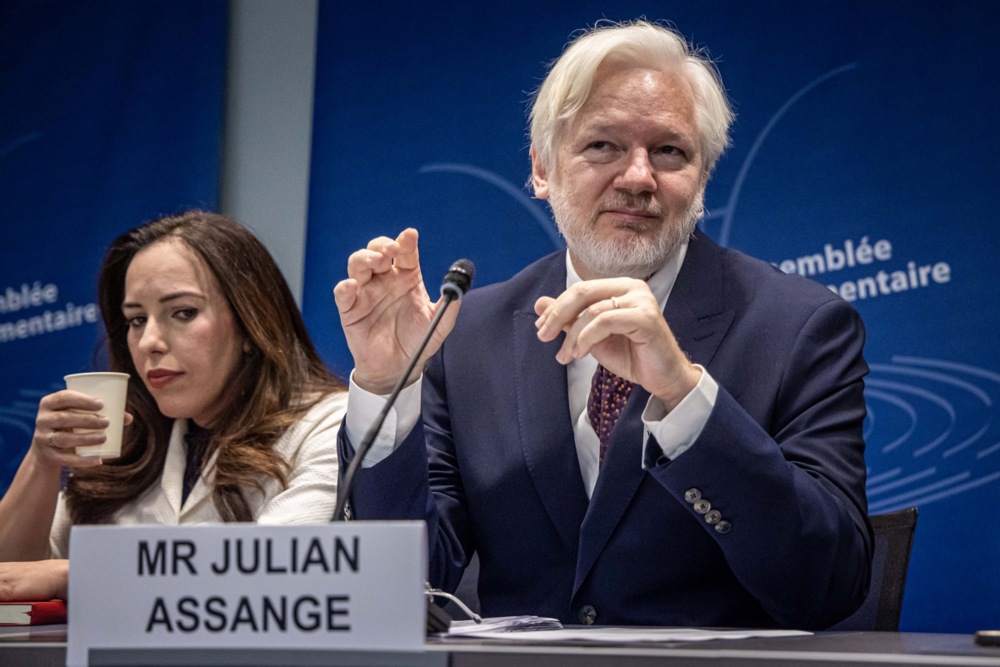Germany’s Federal Council, a key legislative chamber of Germany alongside the Parliament, has shot down essential parts of legislation aimed at strengthening security after a terrorist knife attack in Solingen last August.
With the “security package”, the traffic-light coalition of Social Democrat Party, Free Democrats and Greens had wanted to give more power to the security authorities. It was approved in the German parliament, the Bundestag, on October 18, but was refused a few hours later in the Federal Council, or Bundesrat, which is composed of representatives from the 16 federal states.
The Federal Council decided the security package did not go far enough, and critics said the hurdles that needed clearing to enable the use of biometric data were “completely alien to life”.
With the package, the government indicated it wanted to prove it was serious in the fight against terrorism.
It had agreed on a procedure that granted investigating authorities the power to compare biometric data on the internet in certain cases, but only if the Federal Criminal Police Office (BKA) president or his delegate got prior approval from a judge, for a maximum of three days.
On one side, privacy and digital activists said such a method of biometric searching was illegal.
Representatives in the Bundesrat said the planned knife bans were only symbolic and lacked any real effect.
“The traffic-light dispute is becoming a security risk for the country,” said the head of the Bavarian State Chancellery, Florian Herrmann, a Christian Social Union (CSU) member, during the debate.
Socialists argued that voting against the package was not necessary as opponents who wanted stricter measures could push for more without blocking the increase in police powers.
Federal interior minister Nancy Faeser, who championed the package, criticised the no-vote as “completely incomprehensible and irresponsible.”
“The [Christian Democrat and Christian Social Union parties deny] our investigative authorities powers that are absolutely necessary given the current threats,” she said.
“In this way, the Union is holding up legislative changes that make it possible to identify and locate terror suspects, murderers and rapists through facial recognition.” she said that applied, for example, “to the identification of suspects in Islamist terror videos or perpetrators in the area of terrible sexualised violence against children”.
Before the vote, Markus Söder, the CSU Prime Minister of Bavaria, had said on X that the security package contained “far too few” tightening measures. What is needed was “finally, a clear turnaround in migration policy”, he wrote.
“The federal government keeps promising measures when we put pressure on it but the Greens and the traffic-light coalition then water everything down,” he said.
“Watered-down packages are of no use to anyone. There is an increasing financial and cultural overload in the country. That is why we finally need a change in asylum law, benefits cuts and deportations to Syria and Afghanistan.
“Otherwise, the feeling of insecurity will increase. This will only make the extreme fringes stronger,” he added
Klares Nein zum sogenannten „#Sicherheitspaket“ der Ampel! Das ist alles viel zu wenig. Die @cducsubt Bundestagsfraktion und #Bayern im #Bundesrat @fwhfreising lehnen das klar ab. Es braucht endlich eine klare Wende in der #Migrationspolitik. Der Bund verspricht auf unseren Druck… pic.twitter.com/6rfMnLzLMF
— Markus Söder (@Markus_Soeder) October 18, 2024
Baden-Württemberg’s interior minister Thomas Strobl (CDU) said that “not more than a speck of dust remained of the [previous] tough announcements, especially in the area of combating terrorism and powers for our security authorities”.
The CDU politician told Bild it was a “deception package”. that would “deceive the population, internal security would only be simulated”.
Another part of the security package, which would more strictly regulate benefits for asylum seekers alongside knife bans, did manage a majority in the Federal Council.
The security package only had a small majority in the Bundestag – 361 votes in favour and 290 against- while the traffic-light coalition had a majority of 415 votes.
A large part of its left wing has opposed being “too strict” on migrants or asylum seekers, most notably the Greens coalition partner.
In a turbulent parliamentary group meeting, Chancellor Olaf Scholz, a socialist, reportedly indirectly threatened to have a vote of no confidence over the issue, which could have pulled his government apart.
Germany has been struggling with asylum and migration issues and things have only worsened following an apparent Islamist-inspired knife attack at a town festival in Solingen during the summer.
Three people were killed and eight others were injured. The suspected Syrian attacker was supposed to have been deported to Bulgaria in 2023, but he had been able to stay in Germany without any consequences.
Migration-critical parties such as the hard-right Alternative for Germany (AfD) party and Sahra Wagenknecht’s hard-left BSW have since won several important state elections and are set to win in the 2025 national elections.
German interior minister Nancy Faeser has told the European Commission in a letter that her country cannot handle the migration situation anymore and drastic reforms on a European scale are needed. https://t.co/CWotayhNyg
— Brussels Signal (@brusselssignal) September 13, 2024





